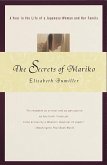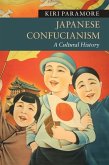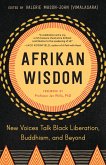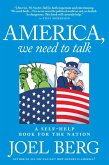In "Kokoro: Hints and Echoes of Japanese Inner Life," Lafcadio Hearn presents a profound exploration of the intricate tapestry that constitutes Japanese spirituality and cultural nuance. Employing an evocative and impressionistic literary style, Hearn seamlessly intertwines personal anecdotes, folklore, and observations, offering readers a window into the subtle emotional landscape of Japan at the turn of the 20th century. Rich with symbolism and sensitivity, the text serves not only as a cultural commentary but also as a poignant reflection on the universal themes of love, grief, and connection, highlighting the depth of Japanese inner life in contrast to Western notions of individualism. Lafcadio Hearn, a cultural bridge between East and West, spent much of his life in Japan, where he embraced and articulated the beauty of its traditions and philosophies. His background as a multicultural figure, born in Greece and raised in the United States, shaped his unique perspective, enabling him to appreciate and analyze the subtleties of Japanese life in a way that resonates cross-culturally. Hearn's deep empathy and passion for his adopted home illuminate his writing, making it not merely observational but deeply personal. I wholeheartedly recommend "Kokoro" to anyone seeking a deeper understanding of Japanese culture and an appreciation for Hearn's lyrical prose. This book will enrich your perspective on emotional expression and cultural values, serving as a remarkable testament to the enduring bonds between human experience and cultural identity.
Dieser Download kann aus rechtlichen Gründen nur mit Rechnungsadresse in A, B, BG, CY, CZ, D, DK, EW, E, FIN, F, GR, H, IRL, I, LT, L, LR, M, NL, PL, P, R, S, SLO, SK ausgeliefert werden.









